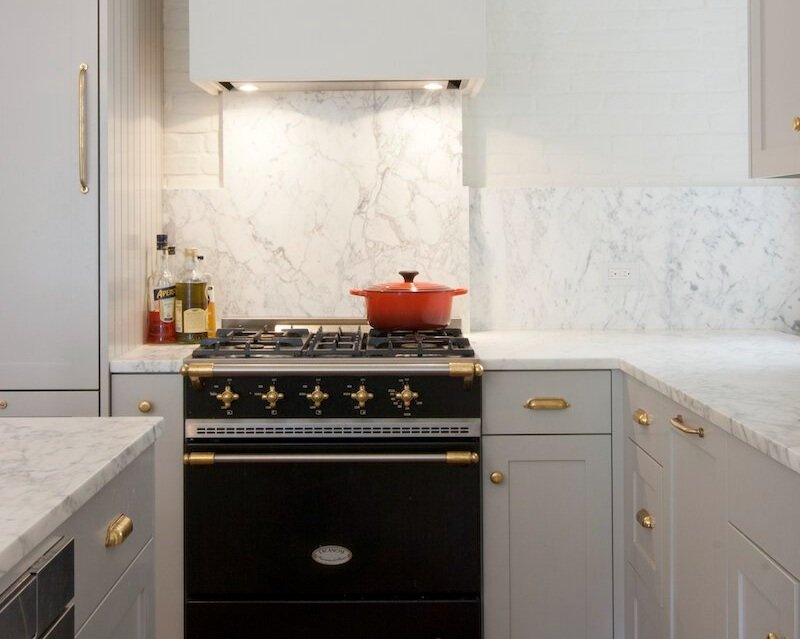Photo and design by Anjie Cho Architect PLLC
Something that we teach our feng shui students at the Mindful Design School is the importance of deep listening. How often during a conversation do you find yourself thinking ahead to what you want to share, instead of really listening to what the other person is saying?
I also invite you to think about listening when it comes to your home. It’s possible that you haven’t ever taken the time to listen to your home before. Your home is a place that has been there for you — it may have changed locations, outfits, or colors many times throughout your life, but your home has always been there to support you in some way. You’ve been in a relationship with this entity, your home, for many years. Maybe your home has been something you’ve relied on, or even something you’ve resented, but have you ever stopped to listen to it?
If you haven’t taken the time to listen to your home, I invite you to give it a try and see what your home has to say. If you keep doing the same thing over and over again, there may be a lot of messages that you are missing. When you instead stop and pay attention to the world around you, you can start to receive messages that you never would have known otherwise.
In case this has encouraged you to start listening to your home, I want to share a few practical ways you can do this. First, I would recommend taking some time to sit in your favorite part of your home. You could set a timer for nine minutes, and just sit there in silence and listen. See what arises, and allow a voice that may have been forgotten for a long time to come forward.
You could also do the same thing with the part of your home that feels the most difficult or challenging. Go to that place in your home, spend nine minutes there in silence, and receive whatever messages your home would like to share with you.
Listening to your home and acknowledging it can be a practice. In this way, you can start to be grateful to your home not only by relying on it, but also by stopping and allowing yourself to receive something from your home. Your home has always been there for you, so how can you now be there for your home? What wisdom can you receive from it?
If you’d like to learn more about feng shui, check out Mindful Design Feng Shui School at: www.mindfuldesignschool.com





